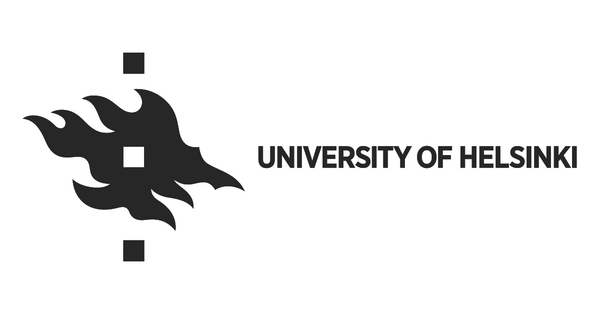University of Helsinki: A boost for entrepreneurship from incubators
Research generates a wealth of insights that could be used also outside academia. Their commercialisation has proven to be a challenge. Skills may be lacking, as may networks.
The incubator operations launched in the spring by the University of Helsinki provide systematic support in the commercialisation of ideas for roughly a year at a time. To begin with, entrepreneurial skills are accumulated for two months in pre-incubators. After that, business ideas are advanced further in six-month incubators, which can be extended for another six months, if necessary.
A bridge to the business world
In the incubators, the focus is on, among other things, markets, marketing and sales, the creation of a business plan, the acquisition of external funding, laws, and financial administration. Workshops and lectures are held two or three times per week in the pre-incubators and once or twice per week in the incubators.
“We believe that all participants will gain important practical skills as well as new financial and entrepreneurial perspectives on how research and scholarly thinking can be utilised outside academia. To boot, everyone’s networks will expand, as a lot of new acquaintances will be made in the incubators,” says Specialist Ari Huczkowski from the University of Helsinki’s incubator team.
An extensive network of experts and mentors from businesses, funds and investment companies serve as trainers. They provide coaching and open doors to the business world for the participants on a pro bono basis, or with no other reward than contentment and the fascinating trainees themselves.
“We have found for all of our programmes a strong network of Finnish and international mentors with considerable experience in the startup sphere and international markets,” says Project Manager Irina Blomqvist, who leads incubator operations at the University.
Applications being accepted for five programmes
In the autumn, incubator and pre-incubator programmes will be launched in five fields: health, societal impact, food systems, the circular economy and climate change, and artificial intelligence and technology.
Support and mentors suited to the specific field will be tailored for the participants of each programme. For example, the NEXUS programme aimed at boosting AI- and technology-based solutions to sustainability challenges has succeeded in recruiting mentors from, among other businesses, Reaktor, Daimler, Amazon, Neste, Vaisala and Accenture.
The related pre-incubator on Kumpula Campus last spring culminated in a final event where 13 teams involved in technology and AI research presented their business ideas to a jury composed in part of funders. The ideas included a service that makes timber traceable, a glucose sensor with improved sensitivity for diabetics, and a platform for measuring, reducing and compensating for carbon footprints.
For members of the University of Helsinki and City communities
The free-of-charge programmes are open to staff and students of the University as well as residents of Helsinki who have an idea to introduce to the markets. Some programmes require a two-person team for applying at the minimum, others permit even individual participation.
The pre-incubators can be pursued with a lighter topic, but more advanced ideas for business models are required for the incubators. The language of the programmes is English to enable the participation of international students and researchers.
While incubators are typically a stage where ideas for applications are given wings for the journey towards global startups, non-commercial ideas are also accepted. The goal can be, for example, a social enterprise or a non-profit association or foundation.
People doing team work around tables.
Ideation during the opening weekend of last spring’s Compass pre-incubator. Compass focuses on Deep Tech, AI and Sustainability. (Photo credits: Ralf Blomqvist)
Half of the funding for the incubators comes from the University of Helsinki, half from the City of Helsinki. In fact, the city is involved in similar incubator operations with six Helsinki-based higher education institutions.
At the University of Helsinki, incubator operations are managed by a nine-strong Helsinki Incubators team. Even though the team started working only in the first half of the year, its members already have decades of experience in commercialisation and internationalisation.
“The University of Helsinki is a globally renowned research university, and we at the Helsinki Incubators team are delighted to have the opportunity to support members of the University community in taking their research and expertise to the world in the form of novel innovations and business projects,” says Specialist Minttu Ripatti.

